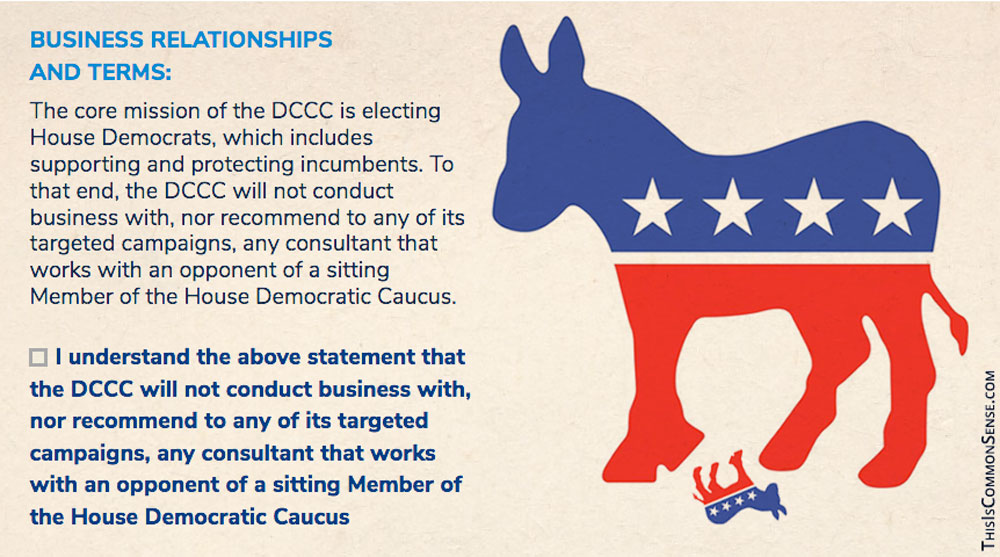Education is important. I want my young adult offspring to get into a great college or university.
Sadly, my bribery fund is empty.
Must she, then, rely only upon working hard for good grades and preparing for the Scholastic Aptitude Test (SAT)?
No. There is a workaround: find a way to improve our family’s Adversity Score.
“The College Board plans to assign an adversity score to every student who takes the SAT,” The Wall Street Journal reports, “to try to capture their social and economic background, jumping into the debate raging over race and class in college admissions.”
This year 50 universities, including Yale, used these scores; next year, 150 will do so. Students are assessed on 15 not fully disclosed factors, things such as the level of crime and poverty in one’s high school and neighborhood, “the educational level of the parents,” and “family stability.”
“An adversity score of 50 is average,” notes the Journal. “Anything above it designates hardship, below it privilege.”
Hmmm, how to climb (or descend) the “Overall Disadvantage Index”? What sacrifices to make?
My wife and I could divorce. Coming from a single parent household would improve our daughter’s opportunities in higher education.
We won’t sink her chances by upgrading our own educations. That’s obvious.
And crime-free homeschools certainly place kids at a distinct disadvantage in being disadvantaged. I guess we could move to a more dangerous neighborhood.
Heck — what am I thinking?! — we can stay put and just commit crimes ourselves. Show some entrepreneurial initiative! Don’t be dependent on others, for heaven sake! Be the change we wish to see in our world.
On that one, though, I better check my exuberance with my wife … if our divorce hasn’t yet been finalized.
This is Common Sense. I’m Paul Jacob.

See all recent commentary
(simplified and organized)
See recent popular posts












